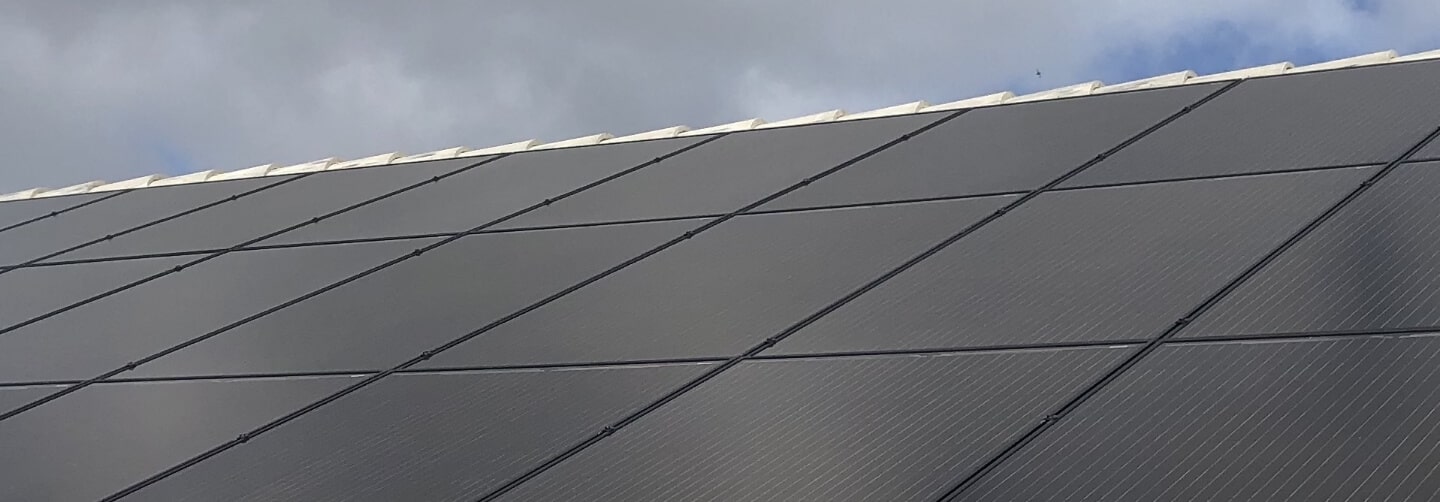How Solar Batteries Store Energy For Your Home
If you’re a homeowner or if you are considering building a house, you may have thought about solar energy systems. With rising energy costs, concern for the environment, and other factors, having a solar energy system is increasingly making sense to thousands of homeowners all across the United States. One of the first steps in deciding on whether to have a solar battery installed at your house is to understand how solar batteries store energy for you. In this article, we describe to you how this process works.
Solar Energy Systems
Solar energy systems generate power from sunlight. This is done through solar panels that are usually located on the roof or anywhere else where they have maximum exposure to sunlight. The system converts this into electricity which can then be used to power the house, appliances, and other devices. While energy systems are pretty efficient, there was one drawback; any power that is not utilized can either be uploaded back into the grid (in states where this is possible) or it goes to waste. Fortunately, solar batteries help to solve this problem by storing excess power that is generated. This in turn allows the owner to utilize this stored power during times when it is most convenient for them. For example, homeowners can switch to solar battery power during high tariff hours or even when there is a blackout.
Having seen the benefits of solar batteries, how do they store power? Read on to find out.
How Solar Batteries Work
Solar batteries store power as Direct Current (DC) and when the power leaves the battery, it is converted to Alternating Current (AC) which can then be used in the house. There are different types of solar batteries but most of them are lithium-ion batteries. This is exactly the same kind of battery technology that is used on smartphones and even in electrical vehicles. Lithium-ion batteries are a proven technology and are fairly effective. These batteries store power in the form of chemical energy which is converted into electrical energy. The lithium ions release electrons which in turn flow from negative anodes to positively charged cathodes.
An alternative to lithium-ion batteries is lead-acid batteries. Although not as common as lithium-ion batteries when it comes to solar batteries, they work just as effectively as lithium-ion batteries. However, that said, many solar energy installation companies prefer to use lithium-ion batteries given the fact that they have a higher depth of discharge as opposed to lead-acid batteries. Depth of discharge refers to the amount of energy that can be used from the battery relative to the total amount of energy held there. With lithium-ion technology, you are able to utilize a greater amount of energy than you could if you were using lead-acid technology.
Energy Capacity
Different solar batteries have different capacities when it comes to energy storage. For this reason, it helps to understand your energy use patterns before making an investment in a solar energy storage system. If you install a large capacity system, you may struggle to get a good return for your investment as such a system is likely to be more pricey. On the other hand, low-capacity systems may leave your house underpowered. For this reason, it helps to perform an energy audit before installing such a system in order to better understand your energy usage.
